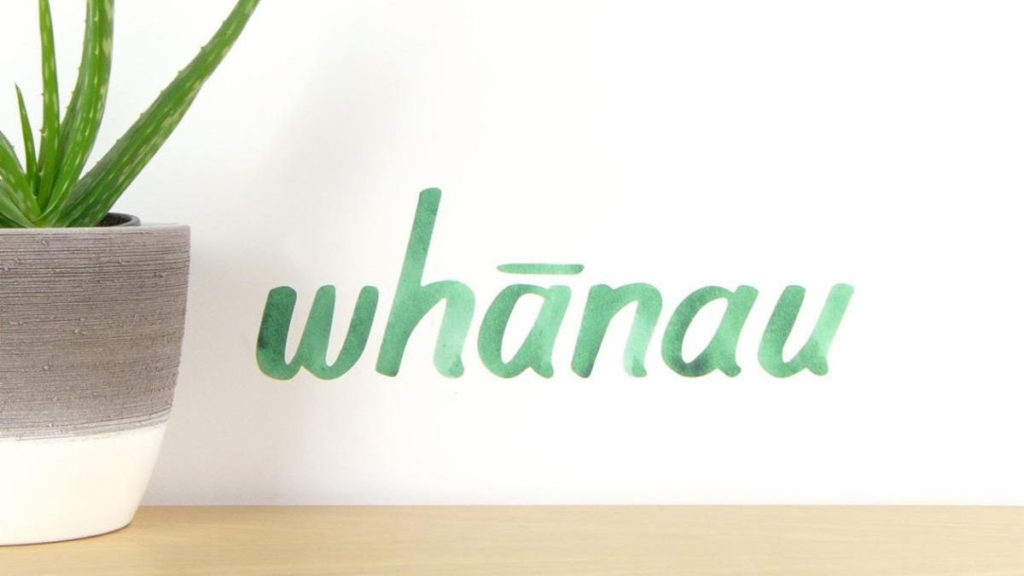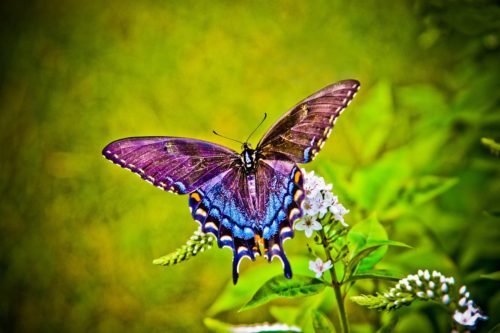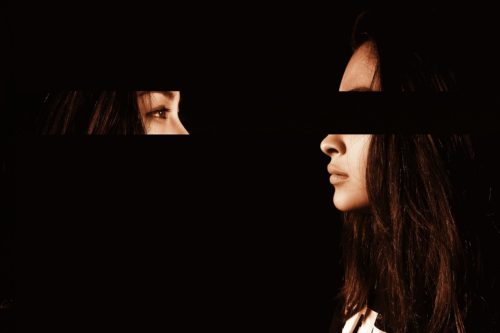by Linda Carroll, MS, LMFT, BCC

People are exhausted with and by COVID-19, and anticipation of what’s to come medically, politically, and environmentally is only increasing that anxiety in many of us. This stress plays out in our relationships, which is why I’m getting several calls a week from new people looking for a therapist—people I must turn away. But where should I send them? Hospitals and therapy practices are full, and individuals are overwhelmed, with no more to give . . . what can we do?
Long before therapists, there was the community, and within that community many kinds of support existed. In New Zealand, there is a name for this: Whānau.
Whānau is the immediate family group, wider family, or extended family. Hapū is the next group, followed by Iwi, meaning the whole tribe. And all come together to form the larger community, which creates a sense of belonging, loyalty, and support, as well as a belief in the importance of caring for one another. More than ever before, we all need Whānau in our lives.
Some of us are blessed to have out own brand of Whānau and tribe—a biological family that is mostly healthy and available. And there are others who’ve been lucky enough to find their “chosen kin,” meaning that, over time, their friends have become an extended family and reliable source of support. Like Whānau, this includes physical, emotional, and spiritual dimensions of support—we’re part of a tribe which values history, traditions, and stepping forward when we’re needed.
My childhood “bestie” and I called one another every morning when we were 12, and, with a few years off here and there (mostly for bad behavior and crazy life passages), we still do. A current “bestie” and I text every day, sending each other photos of what we’re doing, articles which move us or make us laugh, and tales of our woes and victories. Although my husband doesn’t do “bestie” talk, he is a part of several groups which meet regularly and, together, we have frequent WhatsApp chats with our kids and Zooms with our extended family in New Zealand. And online groups—and even teachers I’m taking classes from—help me remember I’m part of something bigger.
One of my women’s groups has been together in various forms for 25 years, another one for almost 10. We are very much Whānau. Some of us are good at creating community while for others, it’s challenging to know how to reach out for ourselves or how to show up for others. But we can get better at doing both—reaching out is the first step, even when it’s awkward, difficult, or intimidating. And it’s not just other people who can offer support.
One of my dear friends, who identifies as an “extreme introvert” has created community with reading, podcasts, and email, all of which hold him through strength and struggle. Another friend marks the birds on his walks and the dogs which accompany him as an essential part of his tribe And yesterday, a client who comes from a very troubled background but has managed to lead a fulfilling and even inspiring life, told me she’d had only a little therapy, but that most of her teachers were books , art and poetry. It’s not just people who help hold and carry us.
Find your people, your inspiration, the places where you can be supported as an individual and in your relationships. There are some fabulous online programs for couples, you could even take a course together on something new like music, birds, or films. These types of classes can be enriching, fun, and nourishing for your relationship.
And I cannot emphasize enough the importance of finding the places where you can support others. Our sense of well-being is fed as much by giving as it is by getting. Altruism is good for our health: People who volunteer tend to experience better overall physical health, less depression, and a greater sense of overall well-being.
Whatever our traditions, all cultures have their own form of Whānau, our immediate and extended family group, and Hapū, our bigger tribe. Before therapists, there was community, where we all looked after one another and were looked after. We are each capable of creating this in our lives and enlarging it, and the impact of those connections on our mental and physical health is profound.
Of course, if you, your loved ones, or your relationship is in a crisis phase, you will need to find mental health help as soon as possible. Online support is usually available—even if it’s not local—and when all else fails, going to your local ER can help you get set up almost immediately for emergency counseling.
Here’s one final thought. If it fits, consider it: Give yourself a break from self-improvement in 2022. This may not be the year for big fitness goals, gratitude journals, or learning another language. I’m not suggesting you don’t do those things if you feel called, but first consider digging in deeper to the things which already give you pleasure and expanding those connections which sustain you in these crazy times.




